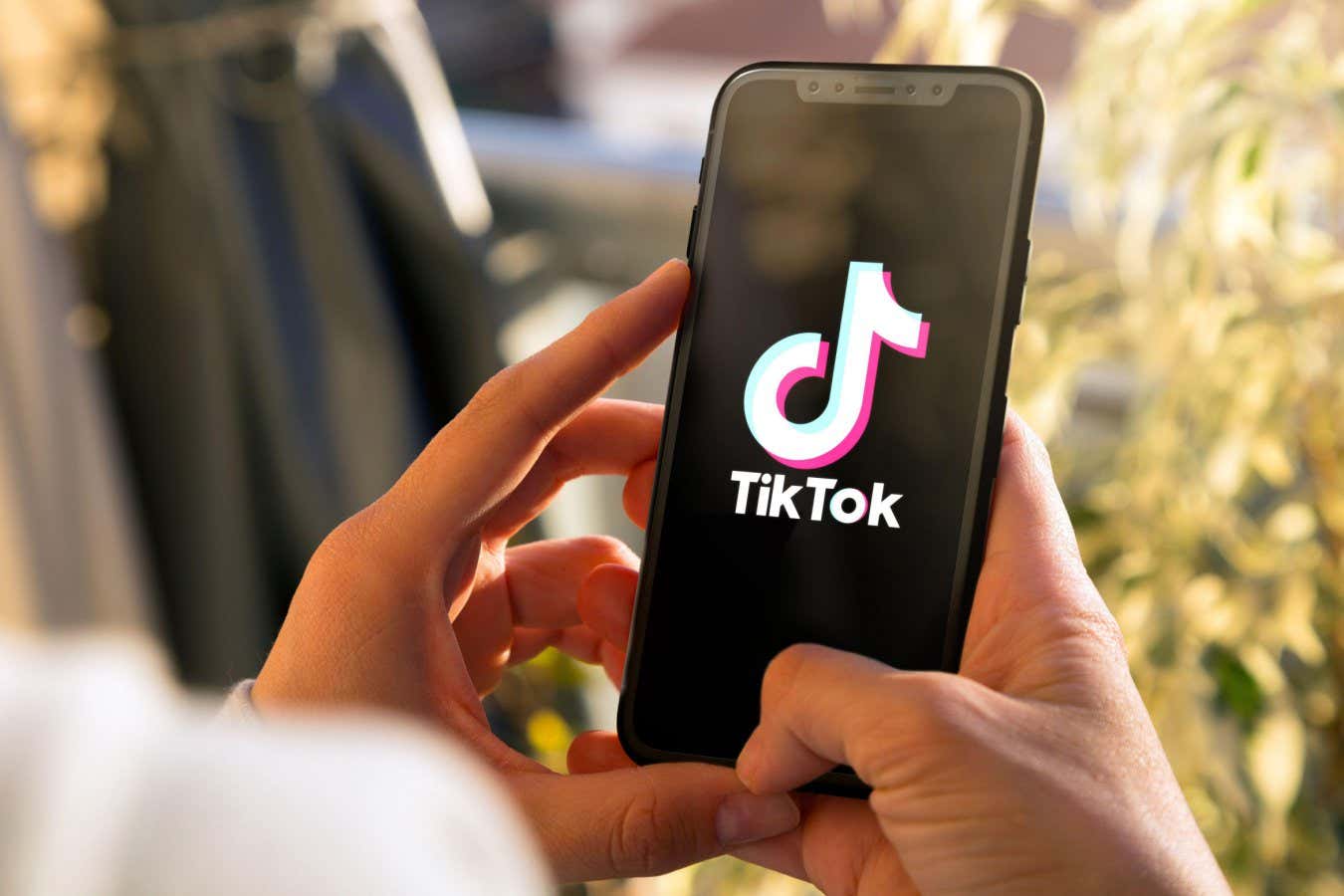The top 100 videos about ADHD on TikTok feature many claims that psychologists consider inaccurate, but students often identify misleading videos as helpful
By Chris Stokel-Walker
19 March 2025
Health information on TikTok can be misleading
AlexPhotoStock / Alamy
More than half the claims made in popular TikTok videos about attention deficit hyperactivity disorder (ADHD) don’t align with clinical guidelines – which could lead to some people incorrectly self-diagnosing with ADHD.
ADHD affects around 1 per cent of people worldwide, according to the Global Burden of Disease study. There is an active debate about whether ADHD has been underdiagnosed; some psychologists say the real proportion of people with it could be higher.
Read more
ADHD: What's behind the recent explosion in diagnoses?
Advertisement
To understand social media’s influence on perceptions of ADHD, Vasileia Karasavva at the University of British Columbia (UBC), Canada, and her colleagues looked at the 100 most-viewed videos with the hashtag #ADHD on TikTok on 10 January 2023. The videos collectively had nearly 496 million views and an average of 984,000 likes.
The average video contained three claims about ADHD. The researchers presented each claim to two psychologists, who were asked whether they accurately reflected a symptom of ADHD from the DSM-5, a popular textbook used to diagnose mental disorders. Only 48.7 per cent of the claims made met that requirement. More than two-thirds of the videos attributed foibles or purported issues to ADHD that the psychologists said reflected “normal human experience”.
“We had the two experts view the top 100 most popular videos, and they found that they didn’t really match the empirical literature,” says Karasavva. “We are like, ‘OK, this is a problem’.”
